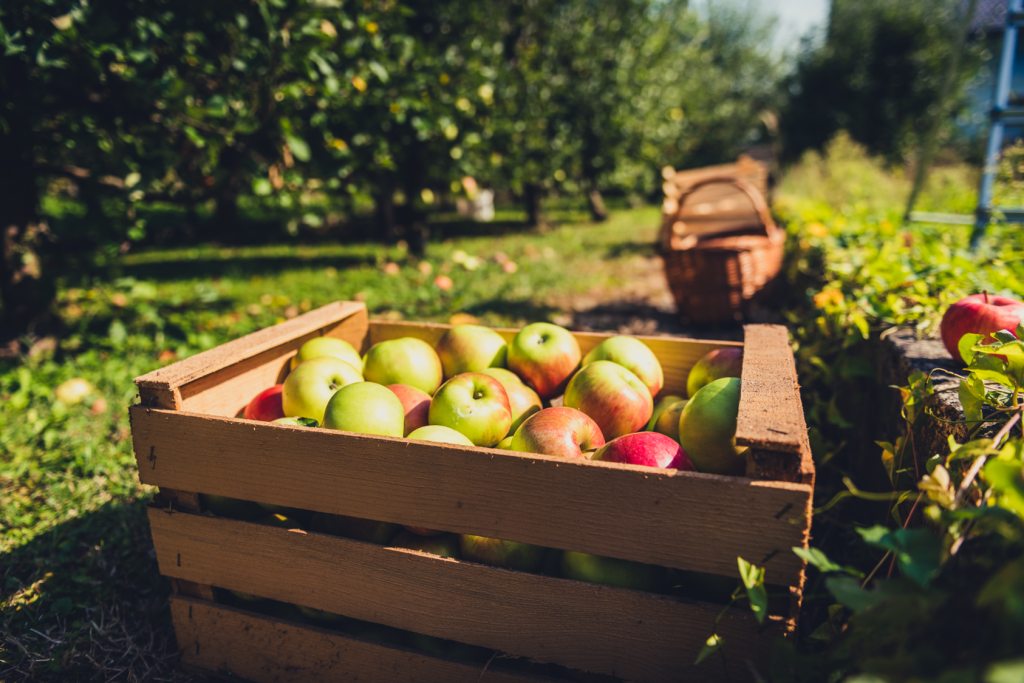
The plant-based movement has gone from niche to mainstream in a matter of years, with shelves now brimming with everything from oat milk to mushroom jerky. But as consumer expectations grow and sustainability becomes even more urgent, what does the future hold for plant-based innovation? And how can SMEs and vocational education and training (VET) providers lead the way?
What was once seen as a passing trend is now recognised as a vital part of building a more sustainable and resilient food system. For small- and medium-sized enterprises (SMEs), this presents both a challenge and an opportunity. Consumer demand is increasing for nutritious, climate-conscious products—but developing them requires new knowledge, skills, and support.
That’s where VET providers play a pivotal role. By equipping learners with practical, future-focused training in food innovation, sustainability, and entrepreneurship, they help ensure the sector has the talent it needs to grow—and to lead on climate action.
For VET providers, this is a call to action: to modernise curricula, invest in educator upskilling, and foster entrepreneurship. Learners need hands-on experience, critical thinking skills, and exposure to real-world challenges in plant-based product development.
For SMEs, the path forward lies in collaboration—with VET providers, researchers, suppliers, and policy makers. Access to practical, accessible training (like the modules being developed through the Plant Power project) can help smaller players compete and thrive in a rapidly evolving market.
Our mission is to build capacity across the plant-based value chain—supporting SMEs with resources and examples of good practice, and enabling educators to deliver high-quality, forward-looking training. Through EU-funded collaboration, we aim to build a stronger, greener future for food across Europe.
The future of food is plant-powered. Together, let’s make sure it’s also inclusive, innovative, and accessible to all.
Written by Kathryn O'Brien (EUEI)